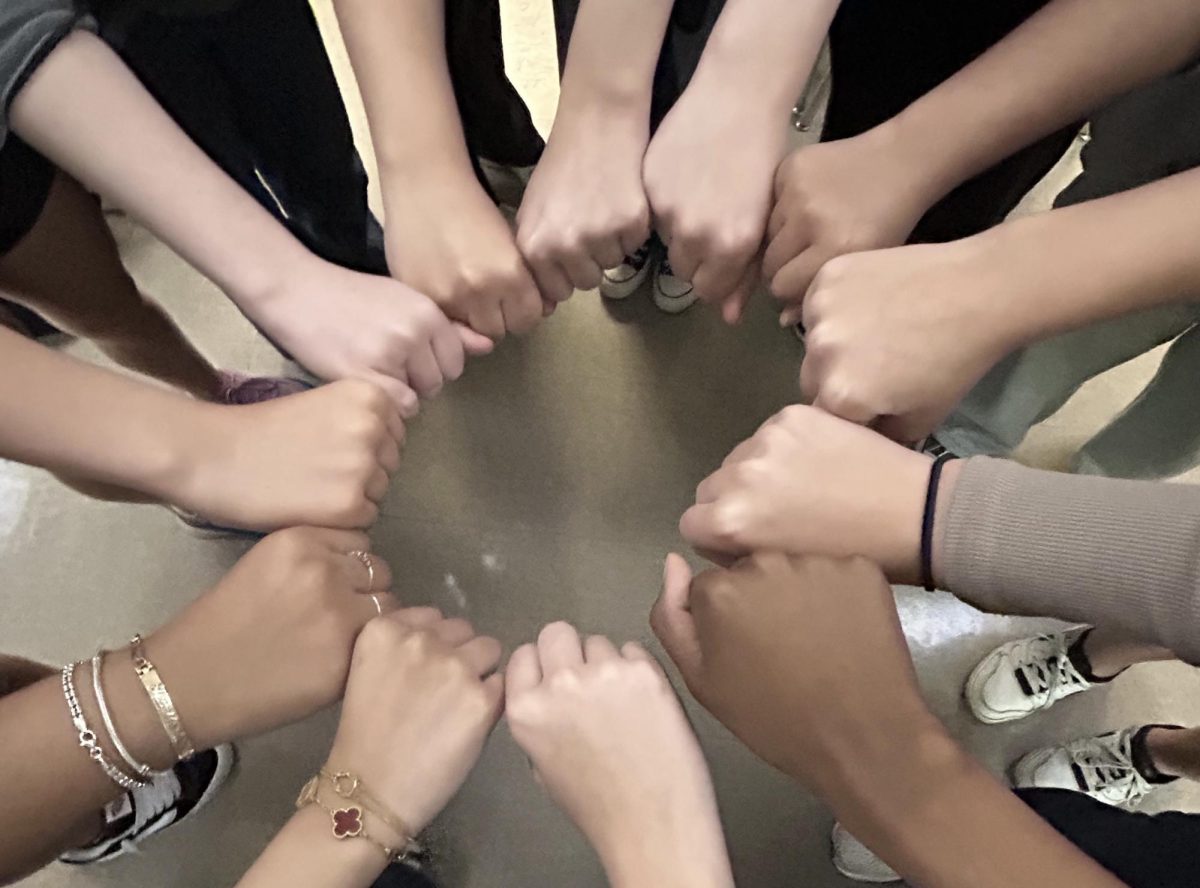Diversity, Equity, and Inclusion. These three words have a major impact on communities, schools, and the future. Why are these words important? What do they mean?
Diversity means having mixed backgrounds. Whether that means different genders, sexual orientations, races, cultures, or religions. A diverse community presents the opportunity to learn about others’ experiences and their perspectives.
Equity is giving everyone equal opportunities so that they all have the same chance to succeed. For example, if one student does not have internet access at home, equity would be providing them with the necessary tools to help them succeed. The difference between equity and equality is simple. Equality means giving individuals the same tools regardless of their starting points, whereas equity is giving individuals equal opportunities.
Inclusion means making sure everyone feels included, welcomed, and valued, no matter where they come from or who they are.
DEI is in everything in our daily lives. Without DEI, you wouldn’t have things like wheelchair ramps and handicapped parking. DEI helps with things championed by society, like pay equity and diverse hiring practices. Lately, DEI has been given a negative connotation, suggesting that DEI only works for those in the minority. Statistically speaking, that is a lie. A 1995 study by the Glass Ceiling Commission and a report released by the CIA discovered that white women received over 6 million of the 7 million jobs generated by affirmative action policies. DEI helps several people, but those who benefit from DEI the most just so happen to not be minorities. White women are the number one beneficiaries when it comes to DEI, with white men right behind.
DEI doesn’t belong to one race, it belongs to everyone on earth. Everyone in the world benefits from DEI, not just minorities.
Recently, efforts have been made to end all programs related to DEI. If DEI is completely eradicated, many programs that so many people count on will end with it.
DEI forces companies to practice fair hiring practices, treat employees equally, and pay them equally. Without DEI, none of these things would exist. So many Americans would suffer enormously if DEI were truly eradicated. Many companies might look at DEI being eliminated as a good thing because then they can stop treating and paying their employees equally.













